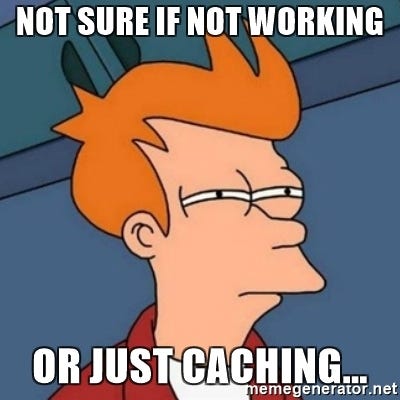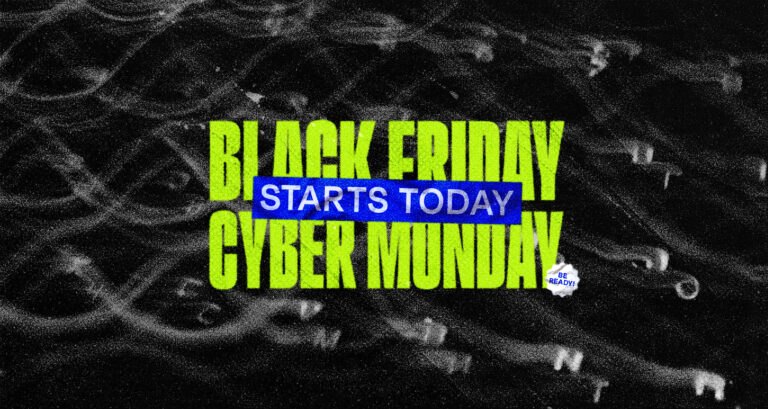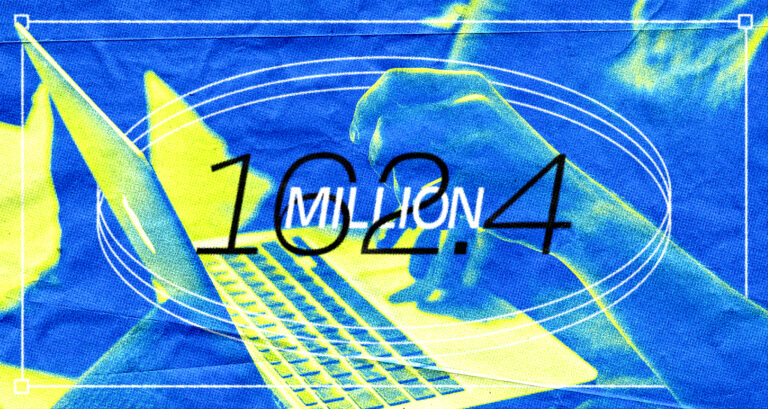‘Caching’ is a technique that stores a copy of a given resource and serves it back when requested. Imagine this as having a snapshot of a webpage on standby, ready to be displayed immediately rather than being loaded all over again. For websites, caching primarily refers to storing web page data in a ‘cache,’ thereby allowing faster access to data and reducing the demand on an enterprise’s bandwidth and servers.
Why should websites have caching?
To truly appreciate its benefits, consider a typical user’s journey on a website. A user requests a webpage, prompting the server to compile and send the information for that page. This compilation involves accessing databases, loading scripts, and processing data, all of which can be time-consuming. If the website sees high traffic, these processes can significantly slow down the server, leading to longer load times and potentially unsatisfied users.
Caching swoops in to alleviate these issues. When a page is cached, a snapshot of that page (or data, or whatever) is stored after the first load. When other users request the same page, the server doesn’t need to compile the page’s information again – it simply delivers the cached version, which results in quicker load times and fewer resources used. Bingo bango, fast site.

Types of caching
There are various types of caching, each serving a specific purpose. The most common ones are browser and server.
- Browser caching: When a user visits a website, the browser can store certain elements of the site, such as images, CSS, and JavaScript files. The next time the user visits the same website, the browser will load these elements from the cache rather than requesting them from the server again, reducing the overall load time.
- Server caching: Here, the server stores a static version of the website or parts of it. When a user requests the site, the server delivers the cached version instead of processing the entire page. This type is useful for websites with high traffic and relatively static content.
It isn’t always easy to set up
The caching process is not without its challenges. One potential issue is cache staleness, where the cache has outdated data because the original data source has changed. In these cases, developers must use cache invalidation strategies to ensure the cache updates when the source data changes.
Another challenge is deciding what to cache and what not to. Not all elements of a website are suitable for caching. For example, dynamic content that frequently changes or user-specific content usually isn’t ideal. Developers must decide carefully which parts of a website to cache to optimize performance without delivering outdated content.
Caching is a vital element in ensuring a smooth and fast user experience on websites. By storing a snapshot of a web page or its elements, caching can significantly reduce server load and speed up page delivery. As with any other technological solution, it requires careful implementation and management to ensure that the benefits outweigh any potential challenges.


